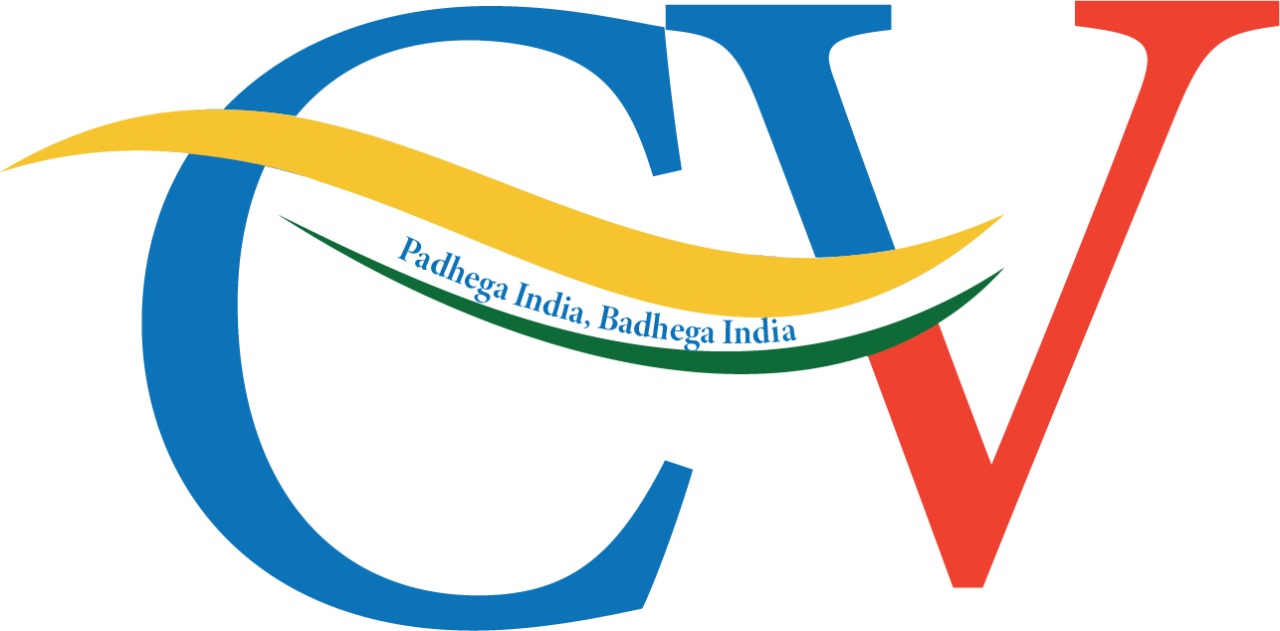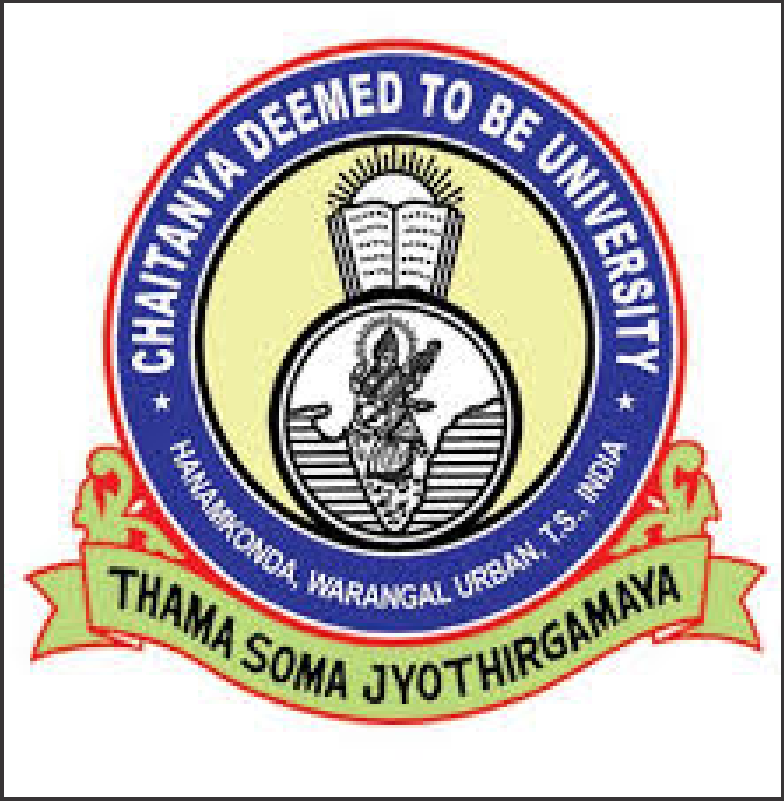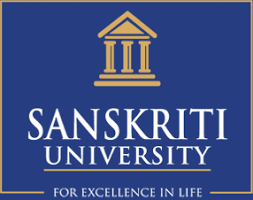Master of Pharmacy - (M.Pharma.)
Universities
7
Eligibility
Bachelor of Pharmacy (B.Pharm)
Course Introduction
Master of Pharmacy
A Master of Pharmacy (M.Pharm) course is a postgraduate program designed to provide in-depth knowledge and expertise in the field of pharmacy. It is an exciting and rewarding journey for students who have completed their undergraduate studies in pharmacy or a related field. During this program, students delve into advanced topics such as pharmaceutical chemistry, pharmacology, pharmacokinetics, and pharmaceutical analysis. They also gain practical experience through laboratory work, research projects, and clinical placements. M.Pharm equips graduates with the skills needed for careers in pharmaceutical research and development, clinical pharmacy, regulatory affairs, and more. It opens up opportunities for them to contribute to the development of new drugs, enhance patient care, and ensure the safety and effectiveness of medications. This course not only expands one's knowledge but also prepares them for a fulfilling and impactful career in the pharmaceutical industry and healthcare sector.
Course Overview
The Master of Pharmacy (M.Pharm) program is a graduate-level course that focuses on advanced pharmaceutical studies. It is designed to provide students with a comprehensive understanding of pharmaceutical sciences, drug development, and healthcare. During the M.Pharm program, students delve into topics like pharmacology, pharmaceutical chemistry, pharmacokinetics, and pharmaceutical technology. They also learn about the regulatory aspects of the pharmaceutical industry and gain practical experience in drug formulation and analysis. This program equips graduates with the knowledge and skills needed to work in various sectors of the pharmaceutical industry, including research and development, quality control, and clinical pharmacy. It is an excellent choice for those who are passionate about contributing to the advancement of healthcare through the development and safe use of medications. Graduates of M.Pharm programs often play vital roles in improving patient care and ensuring the effectiveness and safety of medicines.
Course Eligibility
To pursue an M.Pharm (Master of Pharmacy) course, candidates typically need a Bachelor of Pharmacy (B.Pharm) degree or an equivalent qualification in pharmacy from a recognized institution. Admission requirements may vary among universities, so it's essential to check the specific prerequisites and eligibility criteria of the desired M.Pharm program.
Universities
Admission Process
There is an online admissions process available at Online Master of Pharmacy, therefore there is no need to physically visit the campus to apply for admission. There is no entrance exam required to apply for admission to Master of Pharmacy Online because admissions are made directly. The following describes the Master of Pharmacy's admissions process for online courses:
Ask Admission QueryBrowse our diverse range of programs like MBA, BBA, MA, B.COM, Machine Learning, Python and many more...
Fill online application form with accurate.
You get your own education mentor who helps with all your questions about courses, university, colleges and fees. They're there to make things clear and easy for you.
Make your college application faster by sending your documents and paying the registeration fees.
Upon acceptance, pay fees to secure your seat and finalize enrollment
Confirm your class date, seat, enrollment number and get your gift as reward points
Course Subjects
- #Pharmaceutics
- #Pharmacology
- #Pharmaceutical Chemistry
- #Pharmacognosy
- #Pharmaceutical Analysis
- #Clinical Pharmacy
- #Pharmacy Practice and Management
- #Biopharmaceutics and Pharmacokinetics
- #Regulatory Affairs
- #Pharmaceutical Biotechnology
Master of Pharmacy's Highlights
1
Specialized Knowledge
One of the key highlights of the M.Pharm course is its focus on specialized knowledge in the field of pharmacy. Students can choose from a variety of specializations such as pharmacology, pharmaceutical chemistry, pharmaceutics, clinical pharmacy, and more. This allows them to tailor their education to their specific interests and career goals.
2
Research Opportunities
M.Pharm programs often emphasize research, providing students with the opportunity to conduct original research projects. This research not only advances the field of pharmacy but also helps students develop critical research skills that are valuable in both academia and the pharmaceutical industry.
3
Hands-On Experience
Many M.Pharm programs include practical components where students gain hands-on experience in laboratories, clinical settings, or pharmaceutical industries. This practical exposure helps students apply theoretical knowledge to real-world scenarios.
4
Career Advancement
Completing an M.Pharm program can significantly enhance career prospects in the pharmaceutical industry. Graduates are well-prepared for roles in drug development, quality control, regulatory affairs, and clinical pharmacy, among others.
5
Contribution to Healthcare
M.Pharm graduates often play a crucial role in improving healthcare by ensuring the safety, efficacy, and accessibility of pharmaceutical products. Their work can have a direct impact on patient well-being and the advancement of medical science.
Master of Pharmacy's Freights
The tuition fees for an M.Pharmacy course typically vary between INR 2,000 and INR 9.3 Lakh on average.
Master of Pharmacy's Specialization
M.Pharm programs offer various specializations, including Pharmacology, Pharmaceutics, Pharmaceutical Chemistry, Pharmacognosy, Clinical Pharmacy, Regulatory Affairs, and more. Students can choose their specialization based on their career goals and interests within the field of pharmacy.
- #Pharmacology
- #Pharmaceutics
- #Pharmaceutical Chemistry
- #Pharmacognosy
- #Clinical Pharmacy
Course Job
- #Pharmaceutical Industry
- #Clinical Pharmacy
- #Academia and Research
- #Pharmacy Practice
- #Government and Regulatory Agencies
- #Clinical Trials and Contract Research Organizations (CROs)
- #Pharmaceutical Marketing and Management
- #Pharmaceutical Consulting
- #Entrepreneurship
Course Types
Offline mode
Offline Master of Pharmacy (M.Pharm) courses typically offer full-time, on-campus programs. Students attend classes in physical classrooms, engage in laboratory work, and interact directly with professors and peers. These traditional programs provide hands-on learning experiences and face-to-face interactions, fostering a comprehensive understanding of the Pharmaceutical Industry.
Why this Course ?
- An M.Pharm course offers specialized knowledge, research opportunities, and practical skills crucial for a rewarding career in pharmaceuticals. It equips graduates to contribute to drug development, patient care, and the healthcare industry's growth, making it an essential choice for those passionate about improving healthcare through pharmaceutical advancements.
- Specialized Knowledge: M.Pharm programs offer in-depth knowledge in specific areas of pharmacy, allowing you to become an expert in your chosen field, whether it's pharmacology, pharmaceutics, pharmaceutical chemistry, or another specialization.
- Career Advancement: An M.Pharm degree enhances your career prospects in the pharmaceutical and healthcare industries. It qualifies you for higher-level positions, research roles, and specialized roles that often come with better compensation and responsibilities.
- Research Opportunities: M.Pharm programs often include research components, allowing you to contribute to advancements in pharmaceutical sciences. This research experience can open doors to careers in academia, research institutions, and drug development.
- Impact on Healthcare: As a pharmacist with an M.Pharm degree, you can play a vital role in improving patient care by ensuring the safety, efficacy, and accessibility of medications. Your work can have a direct and positive impact on people's health.
- Versatility: The skills acquired during an M.Pharm program, such as critical thinking, research, and problem-solving, are transferable to various sectors. You can choose from a wide range of career paths, including pharmaceutical industry, clinical practice, academia, and regulatory affairs, providing you with versatility and adaptability in your career choices.
Frequently Asked Questions
A 1 : The M.Pharm (Master of Pharmacy) program is a postgraduate course that provides specialized education in pharmaceutical sciences. It offers in-depth knowledge and skills in areas like drug development, pharmacology, pharmaceutics, and prepares students for careers in the pharmaceutical industry, research, and healthcare.
A 2 : Career prospects for M.Pharm graduates include roles in pharmaceutical R&D, clinical pharmacy, regulatory affairs, drug manufacturing, quality control, academia, and healthcare settings, offering diverse opportunities in research, management, and patient care.
A 3 : Through the M.Pharm program, you can develop skills in drug development, research methodologies, pharmacological analysis, regulatory compliance, clinical practice, and critical thinking, enhancing your abilities for roles in pharmaceutical sciences, healthcare, and academia.
A 4 : The duration of an M.Pharm (Master of Pharmacy) program typically ranges from 2 to 3 years, depending on the university, country, and specific specialization.
A 5 : The transfer of credits from a community college to an M.Pharm program depends on the policies of the specific university offering the program. It's advisable to check with the university's admissions department for their transfer credit policies and requirements.






